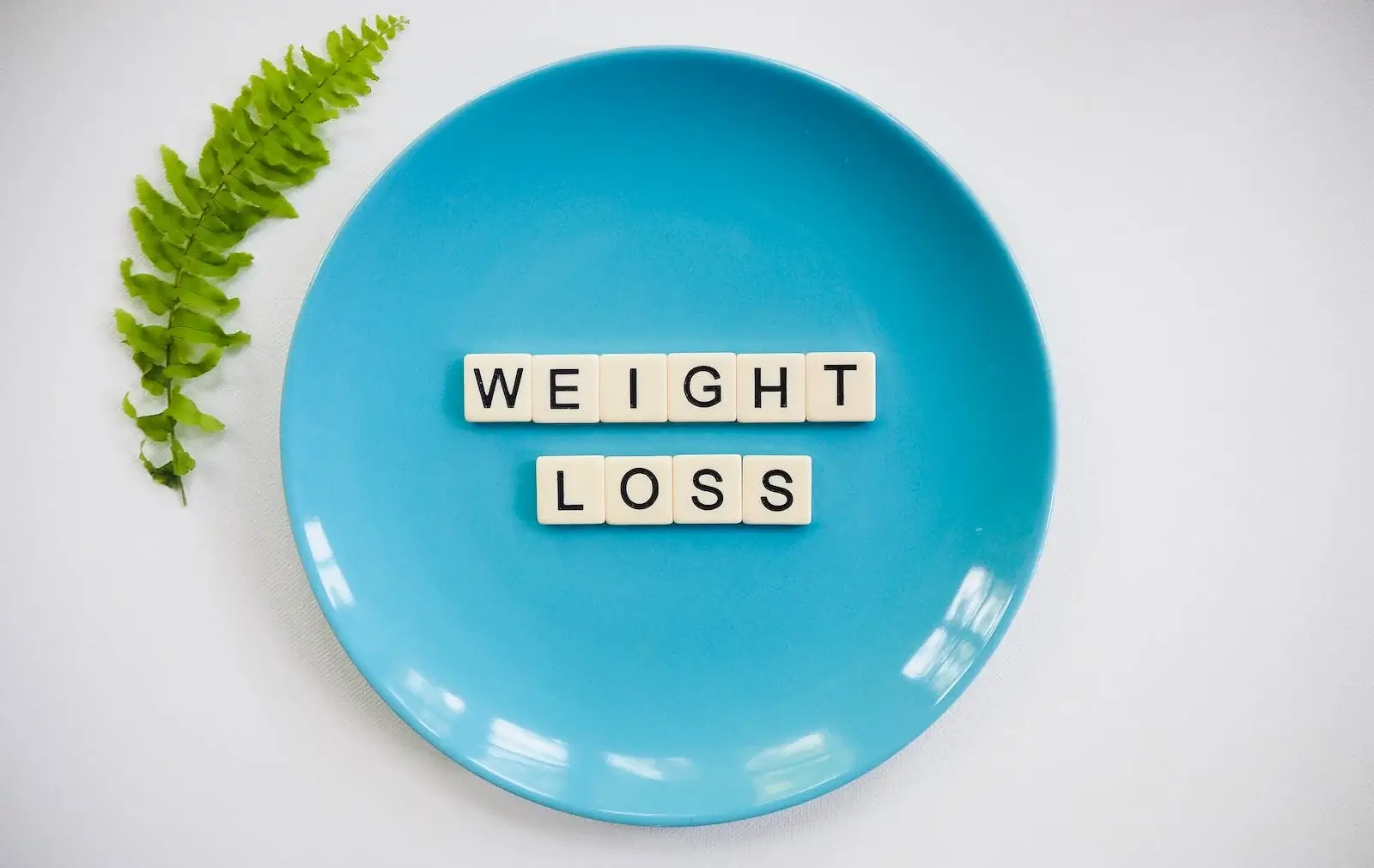
Macro-Nutrients: The Answer to Effective Weight Loss
If you’ve ever tried to lose weight, you know how difficult it can be. The diet industry is constantly changing, and scientists are always coming up with new ways to maximize the effectiveness of your weight loss efforts.
One relatively recent development that has come out of this trend is macro-nutrient tracking: a way of eating that focuses on the ratio between the three macronutrients: carbohydrate, protein, and fat.
Table of Contents
Macronutrients & Weight Loss
Macronutrients are the three main food elements required in significant quantities by the body. Protein is a part of every cell in your body, while carbohydrates provide energy to fuel your body’s cells. Fat has several functions, but it’s also an essential source of energy that helps you absorb vitamins A, D and E.
When you’re trying to lose weight or maintain a healthy weight, balance is key. Aim for a diet that contains all three macronutrients but don’t overdo any one kind. It will help keep your blood sugar stable while keeping hunger at bay because protein takes longer to digest than carbs or fat does and when you feel full longer between meals, you’ll be less likely to overeat unhealthy foods like french fries or other junk foods.
How to Track Macros with a Macro Calculator
To start with a macro calculator, you’ll have to enter your height and weight information. Then, there are some questions that the calculator asks you, depending on your goals.
For example, if your goal is to lose fat while maintaining muscle mass and gaining weight, then the macro calculator will ask you how much of each macronutrient you want to achieve that goal.
Once you’ve inputted all of this data into the free macro calculator, it will tell you what your “ideal” caloric intake should be for each day based on those goals and how many grams of protein/carbs/fats make up those calories.
It’s necessary not just to eat enough protein but also enough carbohydrates because both are required nutrients for your body; however, protein is more satiating than carbs, so it’s best if those carbs come from vegetables rather than grains or sugars.
Macronutrient Breakdown
It’s helpful to understand calories to lose weight. Calories are a measurement of energy. So when talking about how many calories you’re eating each day, it’s good to know where those calories come from carbohydrates, proteins, and fats.
When people talk about counting calories to lose weight, they’re talking about their macronutrient breakdowns since this is the best way for your body to process those macronutrients into usable energy for your daily activities.
Macro-Nutrient Goals
It would help if you ate enough of each macronutrient with your diet to ensure you get a well-rounded set of nutrients.
Protein is essential for muscle growth and maintenance, carbs are necessary for energy production, and fat helps keep you full and satisfied. According to fitness experts like Legion Athletics, “Protein intake is even more important when you exercise regularly or restrict your calories for fat loss, as both of these factors increase your body’s demand for protein.”
These macros should be present in every meal if possible; you’ll be less likely to overeat when they are part of every meal.
As you can see, macronutrients are a vital part of any weight loss plan. They’re also crucial for overall health and well-being, making it critical that you understand how they work and put them into practice in your daily routine.
Last Updated on August 20, 2022













